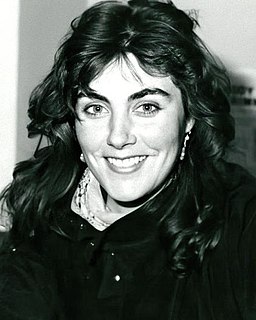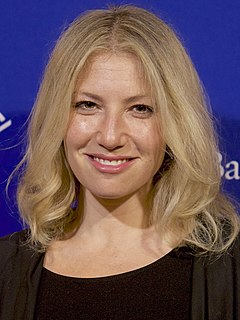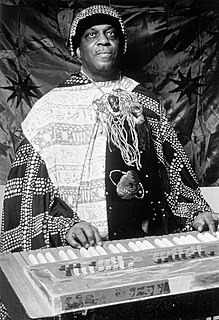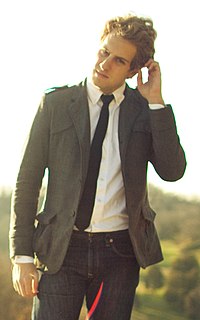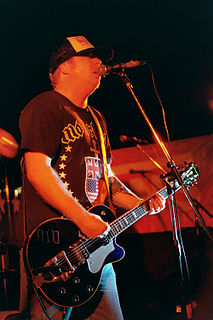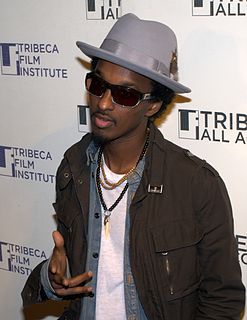A Quote by Laura Branigan
When you're on stage, the audience becomes your other half. It's the ultimate high you can reach as a musician - an incredible feeling. And no matter where I am it's still the same; there's a reason we call music the universal language.
Related Quotes
Music is a universal language insofar as you don't need to know anything else about a musician that you are playing with other than that they can play music. It doesn't matter what their music is, you can find something that you can play together, with what their culture is. The dialect part of it comes into play, but nothing like the differentiation that language sets up, for example.
Music is the universal language, it evokes an emotion in all of us. That, we can all look at each other and we may not speak the same language, but that song or that melody can make us feel the same thing. And we can look at each other and agree and be like, "that did something for us". It makes us feel unified and connected.
From the stage, I can reach a large audience, and you learn from being on stage how much a song reaches, what extent of the crowd a song can reach. I write in a way that can reach most of the audience, but I also wanted to have truly intimate moments as well, many intimate moments, more so than the big moments.
I'm chasing a kind of language that can be unburdened by people's expectations. I think music is the primary model-how close can you get this language to be like music and communicate feeling at the base level in the same way a composition with no words communicates meaning? It might be impossible. Language is always burdened by thought. I'm just trying to get it so it can be like feeling.
...when a phone call competes for attention with a real-world conversation, it wins. Everyone knows the distinctive high-and-dry feeling of being abandoned for a phone call, and of having to compensate - with quite elaborate behaviours = for the sudden half-disappearance of the person we were just speaking to. 'Go ahead!' we say. 'Don't mind us! Oh look, here's a magazine I can read!' When the call is over, other rituals come into play, to minimise the disruption caused and to restore good feeling.
A book, at the same time, also has to do with what I call a buzz in the head. It's a certain kind of music that I start hearing. It's the music of the language, but it's also the music of the story. I have to live with that music for a while before I can put any words on the page. I think that's because I have to get my body as much as my mind accustomed to the music of writing that particular book. It really is a mysterious feeling.
The source of inspiration can be any of the things:deep emotional experiences - say, romantic love or spiritual contemplation.I think such rare moments come only when you have total concentration. You are consumed in and by the music. I guess you could say that it is akin to contemplation. In order to reach this desirable state of mind you have to rise above the environment you're in at that particular time - a bad piano, glaring stage lights, or the attitude of the audience. Sometimes the inspiration of the other musicians you're playing with helps you reach this stage.
I think I'm really part of a whole generational movement in a way. I think a lot of other people since and during this time have gotten interested in writing what we can still call experimental music. It's not commercial music. And it's really a concert music, but a concert music for our time. And wanting to find the audience, because we've discovered the audience is really there. Those became really clear with Einstein on the Beach.
The only reward the musician receives is music: the privilege of standing in the presence of music when it leans over and takes us into its confidence. As it is for the audience. In this moment everything else is irrelevant and without power. For those in music, this is the moment when life becomes real.
